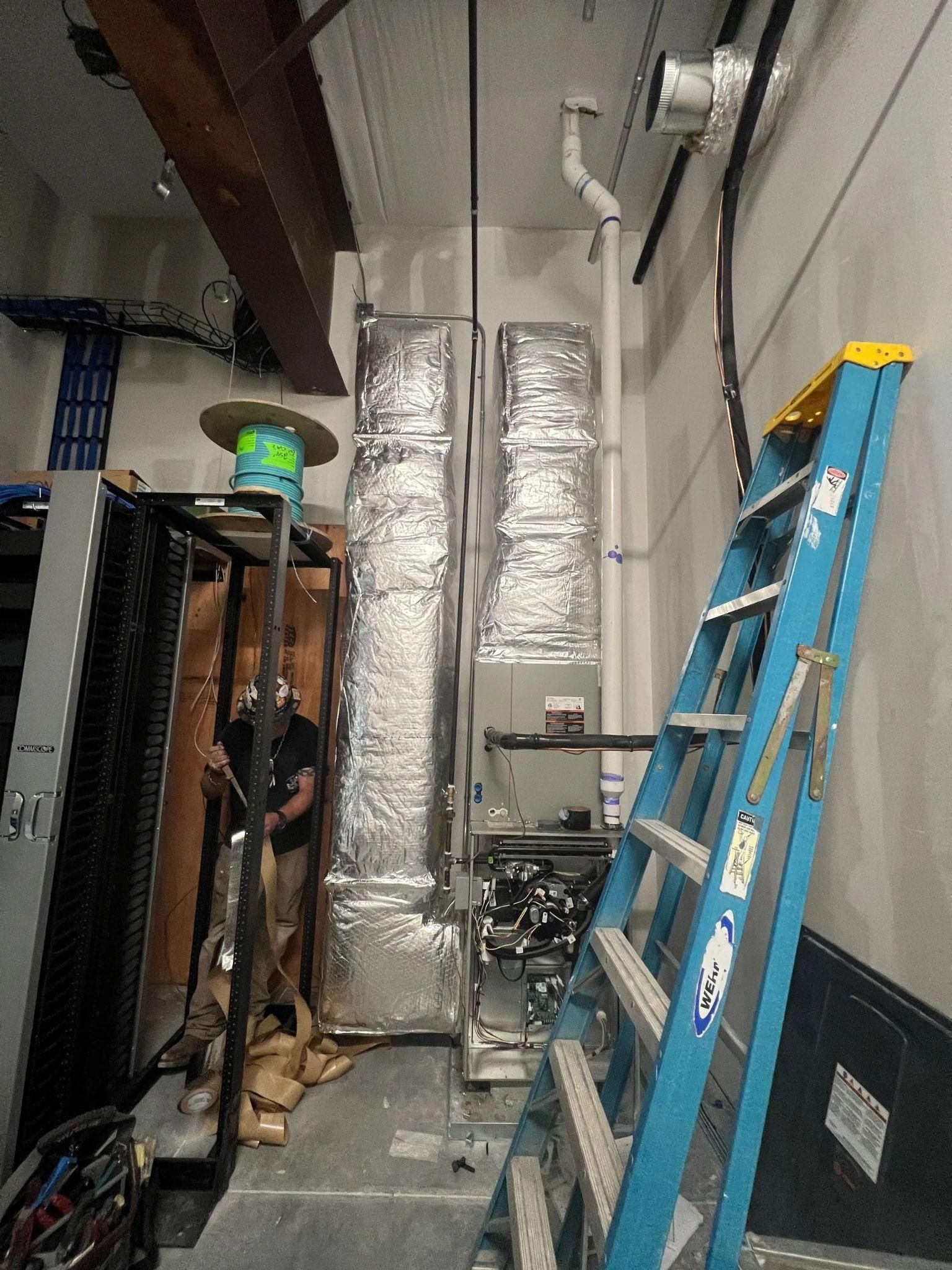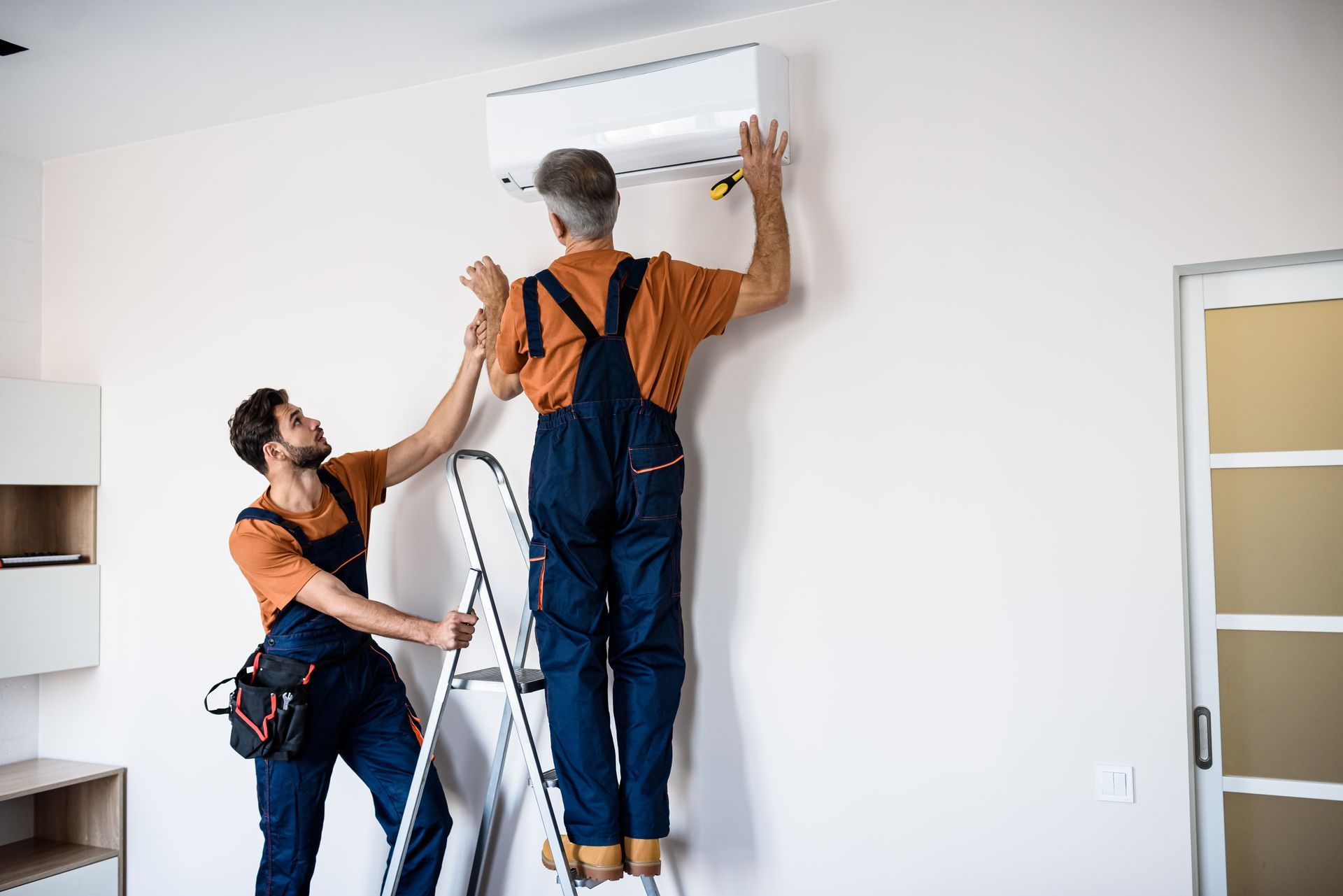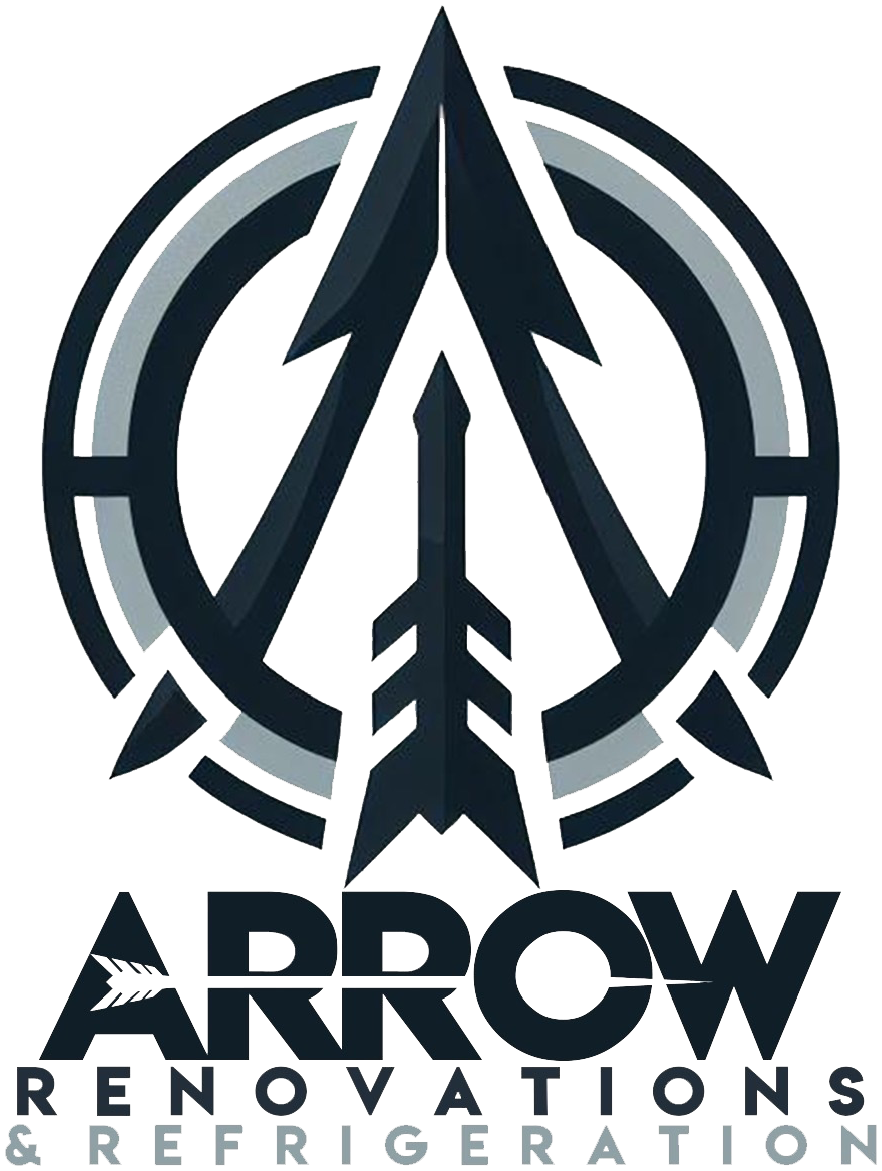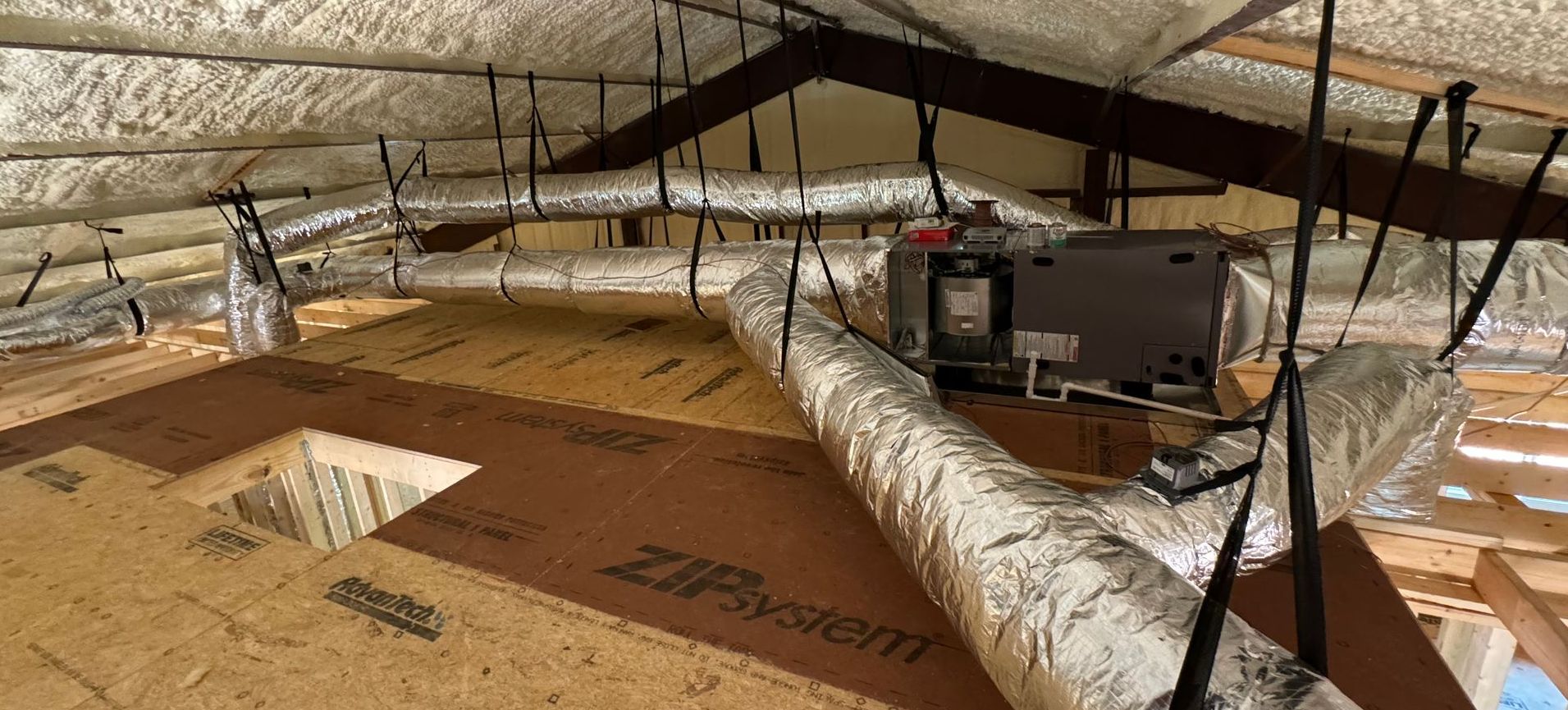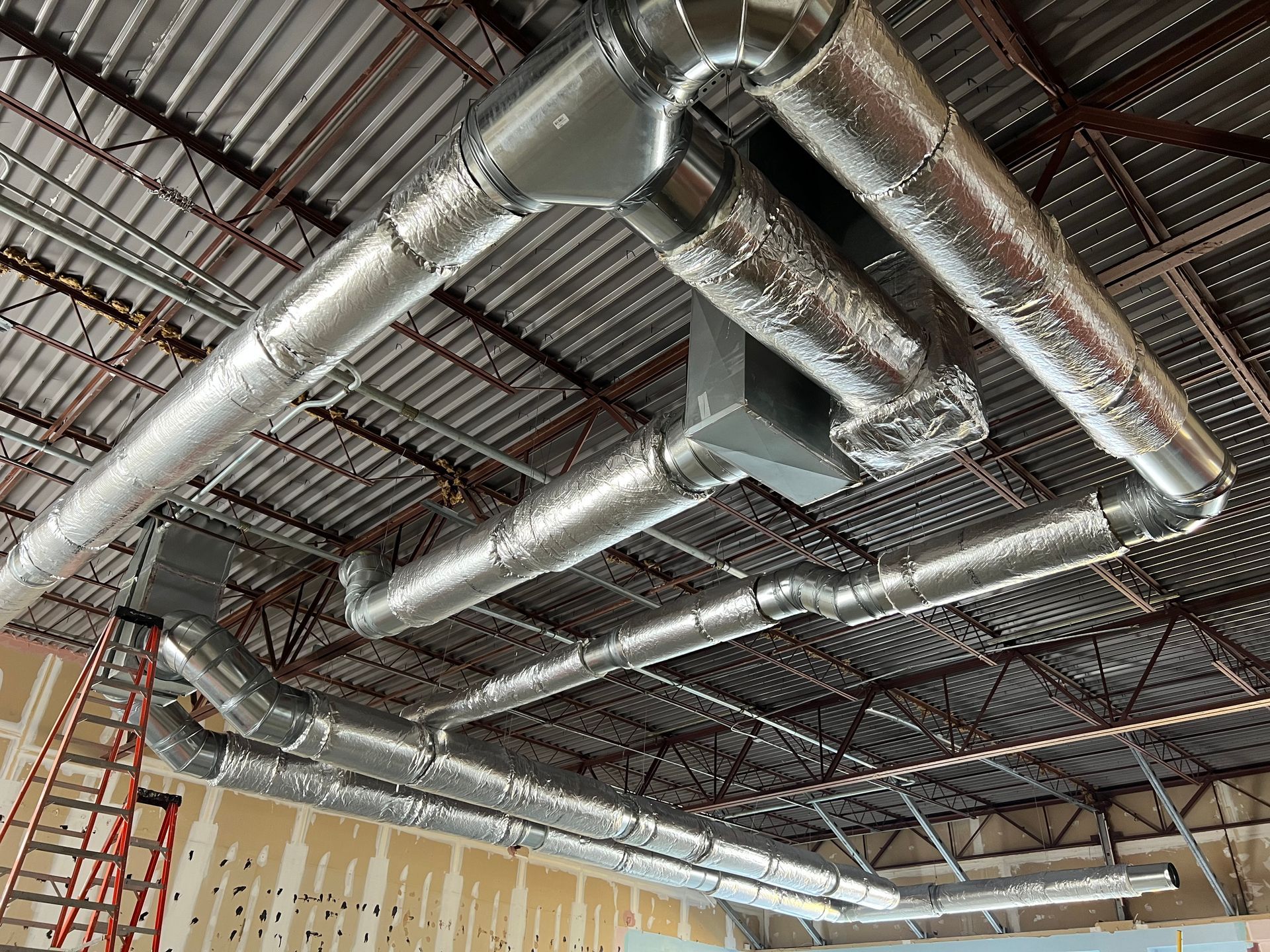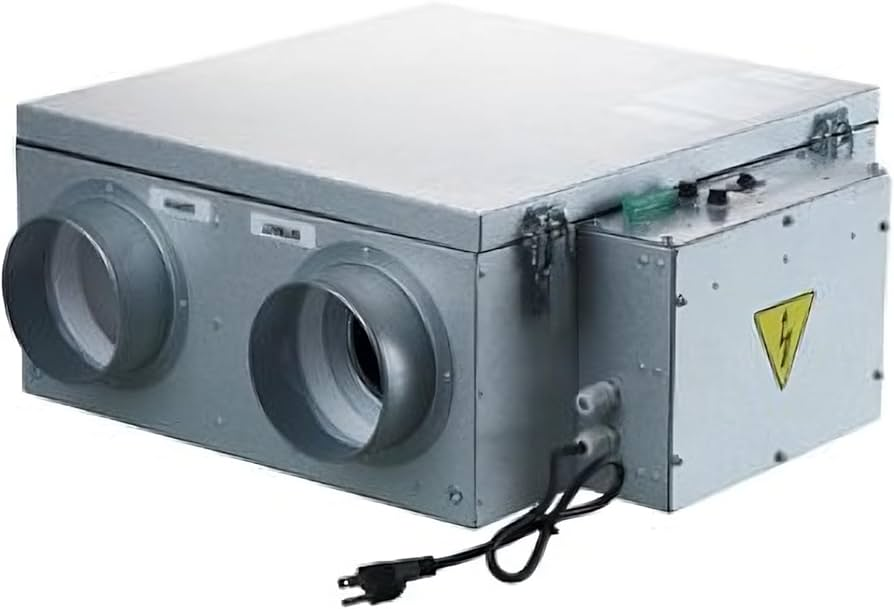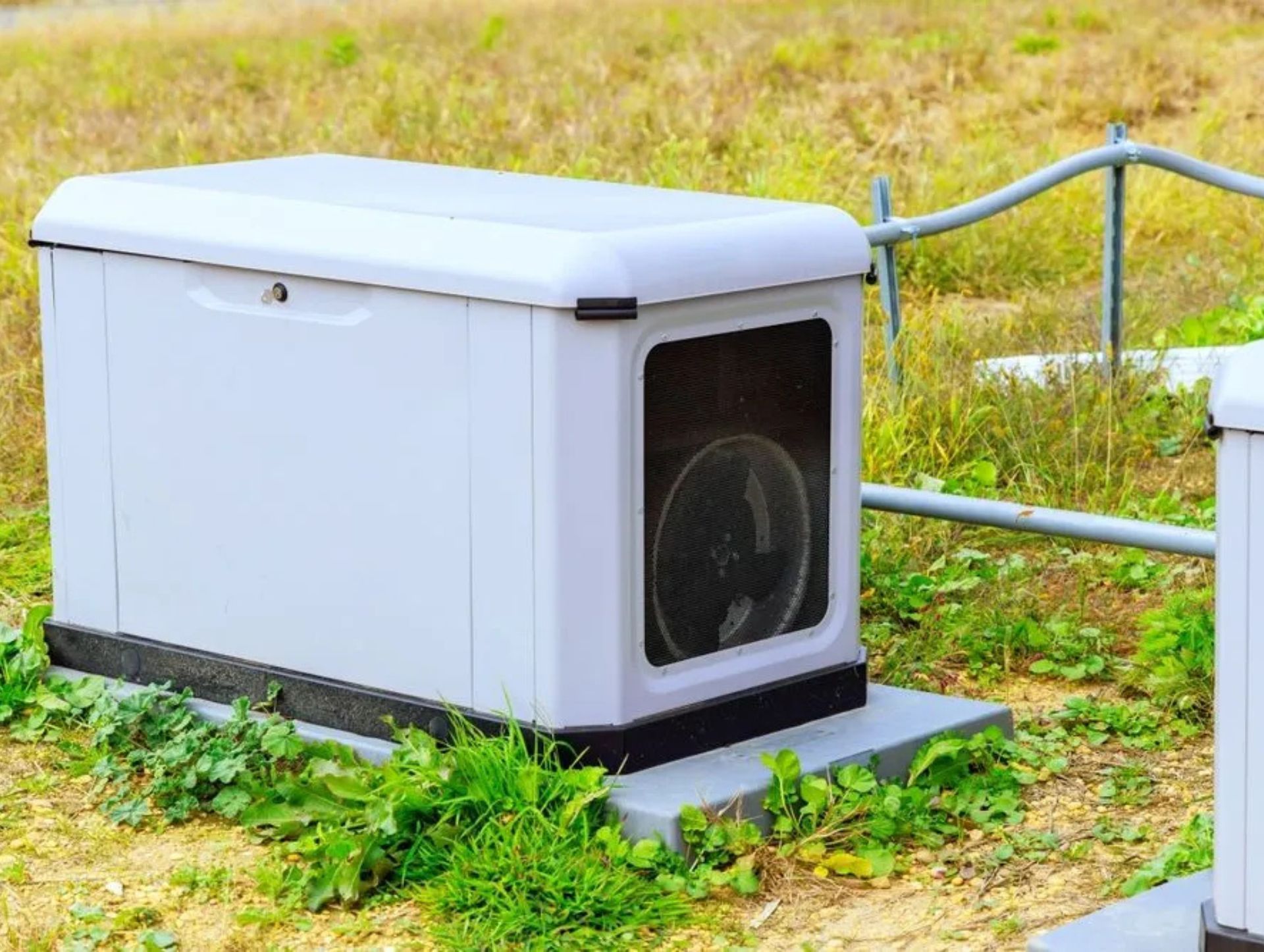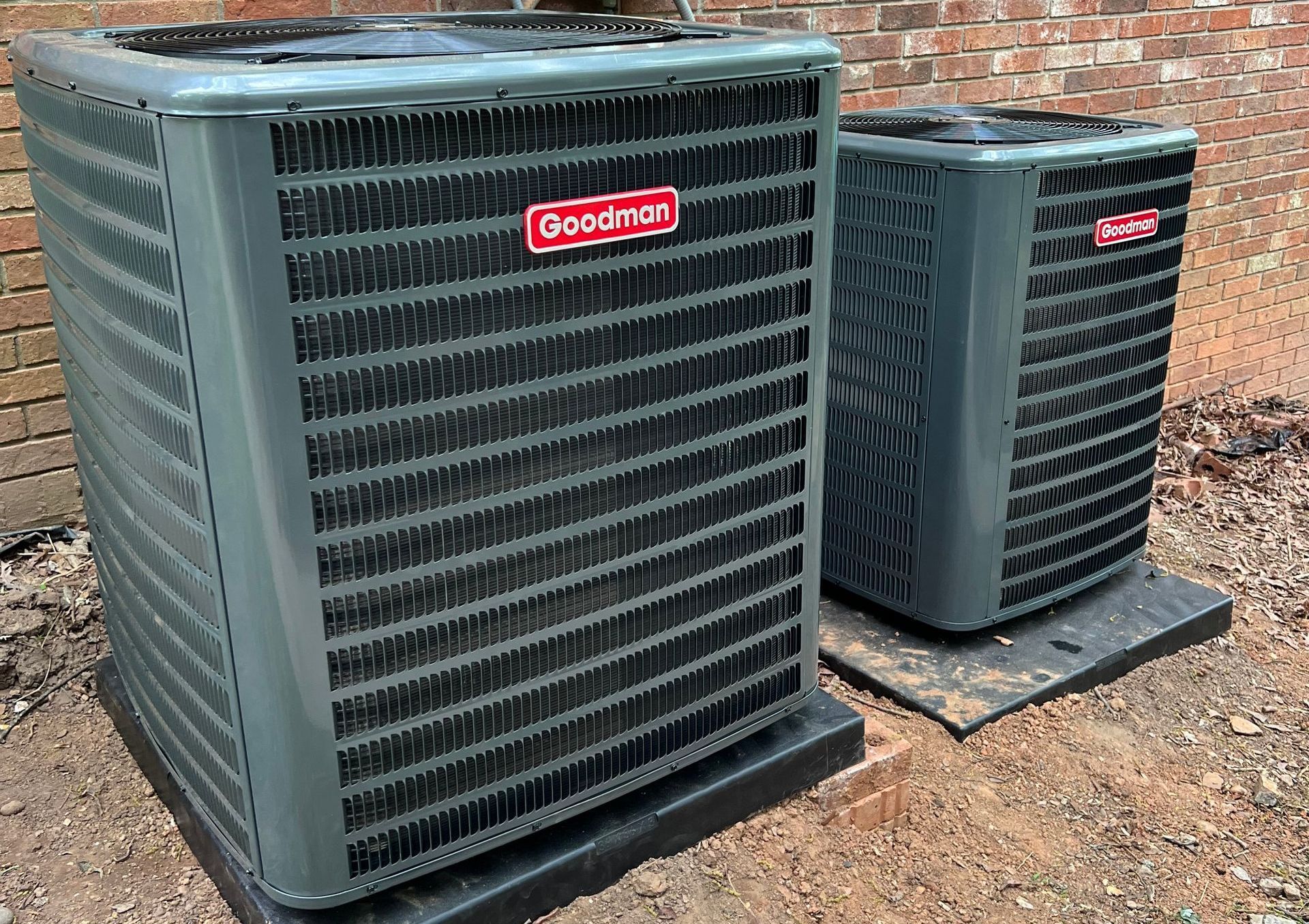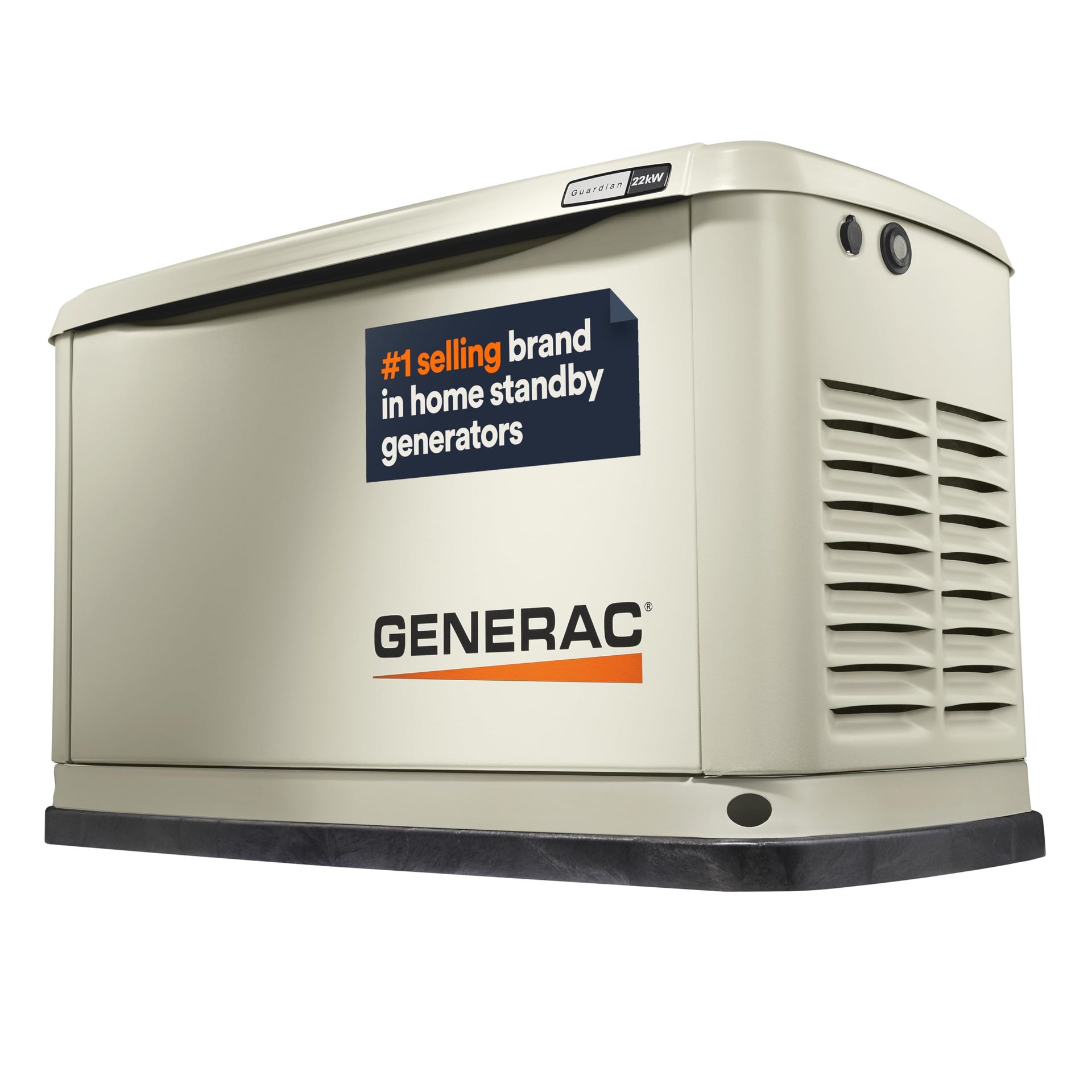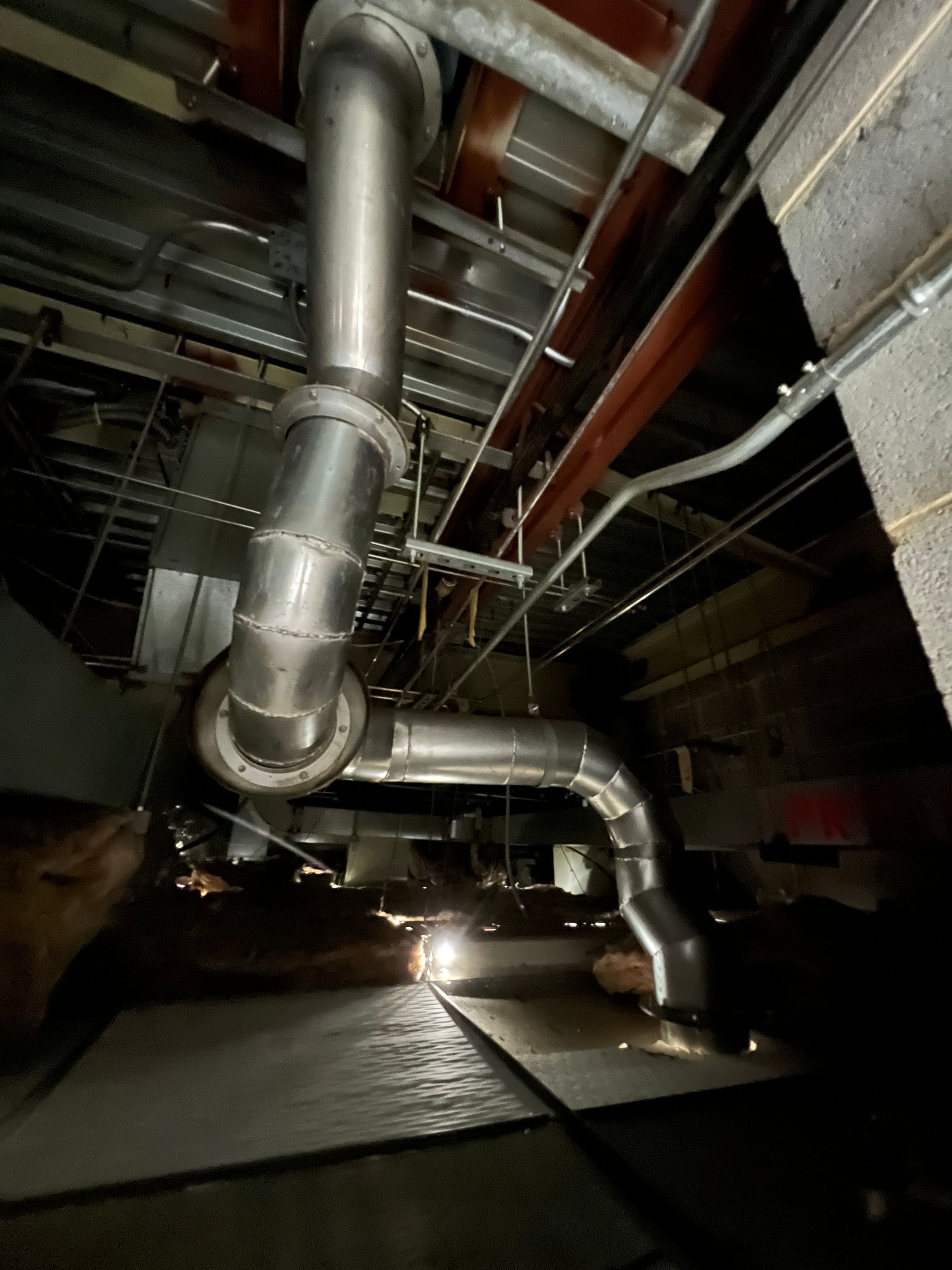9 Useful HVAC Maintenance Hacks Every Homeowner Needs to Know
HVAC Tips and Tricks
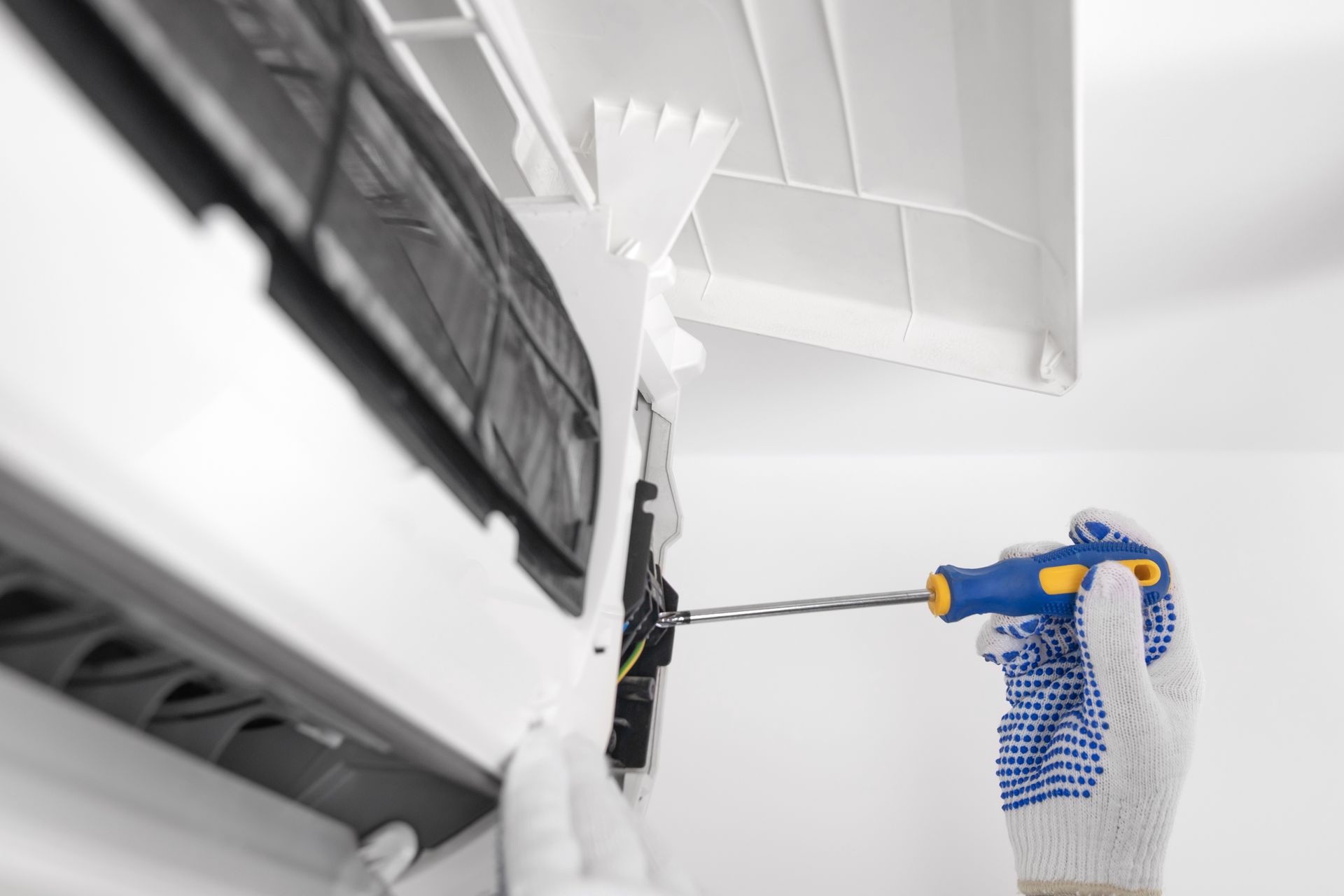
Your HVAC system is the heart of your home’s comfort, working hard all year to keep you warm in winter and cool in summer. But did you know that regular maintenance can extend its lifespan, boost its energy efficiency, and save you from expensive repairs?
In this post, we’ll share 9 essential HVAC maintenance tips every homeowner should know to keep their system running smoothly and efficiently for years to come.
Simple HVAC Maintenance Tips to Extend Your System's Lifespan
1. Schedule Professional Maintenance Regularly
To keep your HVAC system running smoothly and efficiently, it’s smart to schedule professional maintenance twice a year—once in the spring for your air conditioning and again in the fall for your heating. This simple routine can help prevent unexpected breakdowns and keep your system running at its best.
When a technician comes for a tune-up, they’ll do a full inspection, checking everything from the thermostat settings to electrical connections. They’ll lubricate moving parts, clean the coils, check refrigerant levels, and ensure your system runs safely and efficiently. They’ll also check fuel lines, gas pressure, and combustion systems.
2. Change Your HVAC Filters Regularly
One of the simplest yet most effective things you can do for your HVAC system is to change the filters regularly. These filters capture dust, pet hair, and other particles, preventing them from circulating through your home. Replacing your filter every 30 days improves indoor air quality and helps your system operate efficiently. Clean filters allow better airflow, making it easier for your HVAC system to cool or heat your home effectively. Look for filters with a MERV rating between 7 and 13 to achieve the best air filtration and airflow balance.
3. Check Your HVAC System for Any Visible Issues
It’s a good habit to inspect your HVAC system monthly, especially when you’re changing the filter. Look for any obvious signs of trouble inside and outside the unit. Start with the thermostat—make sure the battery is still good and that it’s set correctly. Next, inspect the filter access and cabinet door to ensure they’re closed tightly, and check the condensate drain to ensure it’s not clogged.
Don’t forget to look at the outdoor unit as well. Make sure it’s level and clear of debris. If necessary, use rot-proof shims to level it out. Keep an eye on your registers and returns—ensure they’re open and not blocked, and check for any signs of mold.
4. Keep the Area Around Your Indoor HVAC Unit Clutter-Free
It’s easy to overlook the space around your indoor HVAC unit, but keeping it clutter-free can significantly affect how well your system runs. Items stacked around the unit can collect dust and block airflow, forcing your HVAC system to work harder and reducing efficiency and air quality. Additionally, clutter can create potential dangers, such as tripping hazards or fire dangers.
5. Keep Your Outdoor HVAC Unit Clean
Your outdoor HVAC unit works hard to keep your home comfortable but can easily get clogged with leaves and other debris. Make it a habit to clean around the unit whenever you’re doing yard work, and give it a good rinse if dirt starts to build up. Also, be sure to keep any nearby plants or shrubs trimmed so they don’t get too close to the unit—maintain enough space around it to allow for proper airflow.
6. Set a Comfortable Temperature for Your Home
Maintaining the perfect temperature in your home doesn’t just keep you cozy—it also helps your HVAC system run more efficiently. Instead of having your system run constantly when you’re away or sleeping, set it to work smarter, not harder. A programmable thermostat is a game-changer, letting you automatically adjust the temperature during different times of the day. For instance, by letting your home cool down a bit in the winter or warm up slightly in the summer while out, you can reduce energy usage and extend your system's lifespan.
7. Replace the Batteries in Your Thermostat
Some thermostats rely on batteries; when they die, your HVAC system might stop working properly. If your thermostat isn’t hardwired to your home’s electrical system, changing the batteries at least once a year is very important to avoid any unexpected issues. A low or dead battery can lead to temperature misreadings or even shut your system off entirely.
8. Check and Maintain Your Carbon Monoxide Detector
For homes with heating systems that use natural gas or fuel oil, a carbon monoxide detector is essential for keeping your family safe. This device can detect harmful gas leaks or ventilation issues, potentially saving lives in the event of a malfunction. Test your carbon monoxide detector monthly to ensure it's always ready to protect you. Carbon monoxide detectors typically last about seven years, so be mindful of when they need to be replaced.
9. Think About Replacing Your HVAC System if Needed
If your HVAC system is getting older and not performing like it used to, it might be time to consider an upgrade. Most systems last between 15 to 25 years, but as they age, energy efficiency drops and repairs become more frequent. Instead of waiting for a total breakdown during extreme weather, it’s better to plan ahead. Replacing your system before it fails gives you control over the timing, cost, and options.
Keep Your HVAC Running Smoothly with Expert Help!
Maintaining your HVAC system doesn’t have to be overwhelming, and these simple hacks can significantly improve your home's comfort throughout the year. For professional HVAC maintenance services, Arrow Renovations and Refrigeration is the go-to provider in Anderson, SC, and the Upstate.
Specializing in new
HVAC installations,
preventative maintenance,
ductwork renovations,
ERV installation services, and
HVAC repairs, our experienced team is ready to handle all your heating, cooling, and ventilation needs.
For reliable service, call us at
864-556-6423 or
get a free quote.
